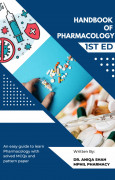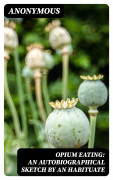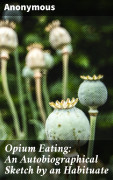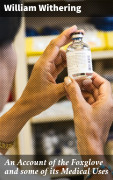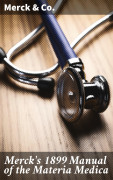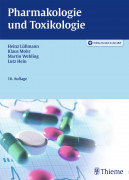Friedrich A. Flückiger, Daniel Hanbury: Pharmacographia
A history of the principal drugs of vegetable origin, met with in Great Britain and British India

| Produkttyp: | eBook-Download |
|---|---|
| Verlag: | Good Press |
| Erschienen: | |
| Sprache: | Englisch |
| Seiten: | 1.148 (Druckfassung) |
| Format: | EPUB
Info▼
|
| Download: | 1,8 MB |
Pharmacographia: A Historical and Global Perspective of Natural Products in Medicine is a landmark anthology that stands at the confluence of botany, chemistry, and pharmacology. Bridging diverse literary landscapes from detailed botanical descriptions to the intricate chemistry of medicinal plants, the collection showcases an extraordinary range of styles and content. Embedded in this rich tapestry are standout pieces that explore the historical uses of these natural products, underscoring the significance of traditional knowledge in contemporary medical practices. The anthology not only celebrates the diversity of the natural world but also highlights the complexity and depth of human interaction with it, reflecting a broad spectrum of cultural and scientific insights. The editors, Friedrich A. Flückiger and Daniel Hanbury, bring together a collection that reverberates with their extensive experience and meticulous research in the realms of pharmacognosy and medicine. Their backgrounds as pioneering scientists in the 19th century, deeply involved in the study of drugs derived from natural sources, position this anthology at the intersection of historical, cultural, and scientific explorations. Their collective work aligns with significant movements in the natural sciences, offering readers a panoramic view of the development and valorization of medicinal plants across cultures and epochs. This anthology is not just recommended but essential for scholars, students, and enthusiasts eager to navigate the confluence of natural product research, history, and the evolving paradigm of holistic medicine. It opens up a unique opportunity to explore a rich blend of scientific rigor and historical narrative, presenting an invaluable resource for understanding the legacy and future of medicinal plants. The collection fosters a dialogue between past and present, urging an appreciation for the complexity of the natural world and its potential to inform contemporary medical practices.
